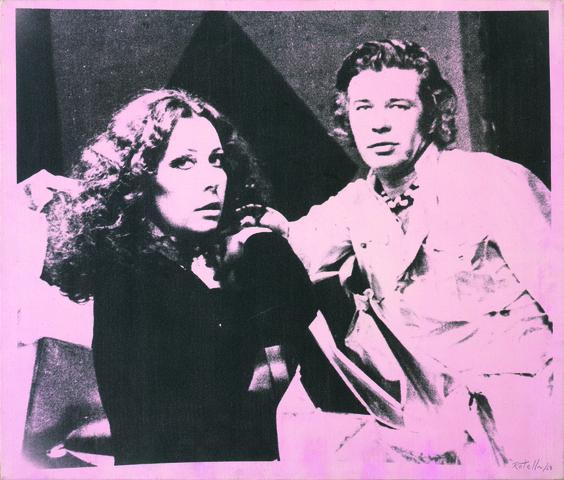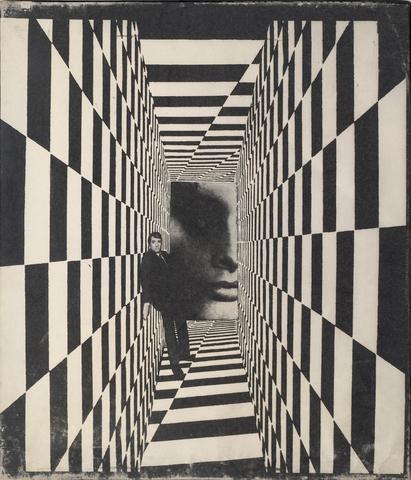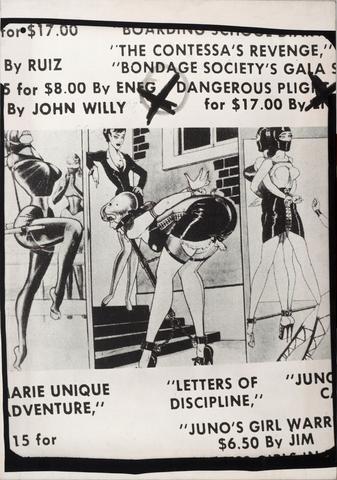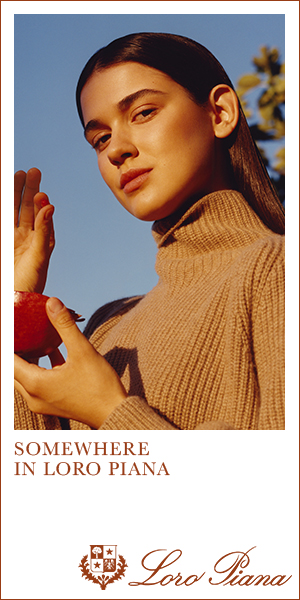I felt the need for self-renewal, the need to discover something new, and the ‘reportage’ emerged. More than a year has already passed since I began… to reintegrate the reality atomized into so many little pieces of paper, using photographic clippings. (Mimmo Rotella, 1965)

Curated by Antonella Soldaini, in collaboration with the Mimmo Rotella Institute, Cardi Gallery hosts the most comprehensive exhibition of Rotella’s practice ever seen in the UK with 74 works which will fill all five floors of the gallery’s historic townhouse in Grafton Street, Mayfair. This is also the only exhibition to include such a full selection of the artist’s important Photo Emulsions and Artypos from the 1960s through the 1980s. Cardi’s exhibition also coincides with the publication of Volume II (1962 – 1973) of the Mimmo Rotella Catalogue Raisonné by Germano Celant, which will be launched in the coming months.

Perhaps best known for his Décollages made of distressed street posters ripped from the walls of Rome, Beyond Décollage establishes Mimmo Rotella (1918 – 2006) as a major pioneer of the Pop Art movement, who worked simultaneously with Andy Warhol and Robert Rauschenberg. The exhibition clearly shows how the visionary Italian artist was amongst the first to use a photographic process to print a kaleidoscope of iconic images onto traditional materials associated with conventional art, such as canvas and paper.

Rotella created an art form that would chronicle his time and marry the power of iconic film and popular imagery to the history of painting. He did so by inventing new techniques to transform the traditional canvas into a photographic surface, a space for layering, printing and exploring what an image could be. The artist experimented with developing photographs on canvas in his Photo Emulsions and with layering and overprinting found images with newsprint and all manner of popular media in his Artypos. These mixed media works convey Italy’s emerging post-war consumer culture as a multifaceted montage. His appropriation of images of cultural icons – from La Dolce Vita to Jacqueline Kennedy, from the first space walk to the kidnapping of Aldo Moro – veer from the playful and colourful to the historic and traumatic. Rotella’s works create a portrait of Italy during its economic boom as it rebranded itself with modernity in the post-war decades.




